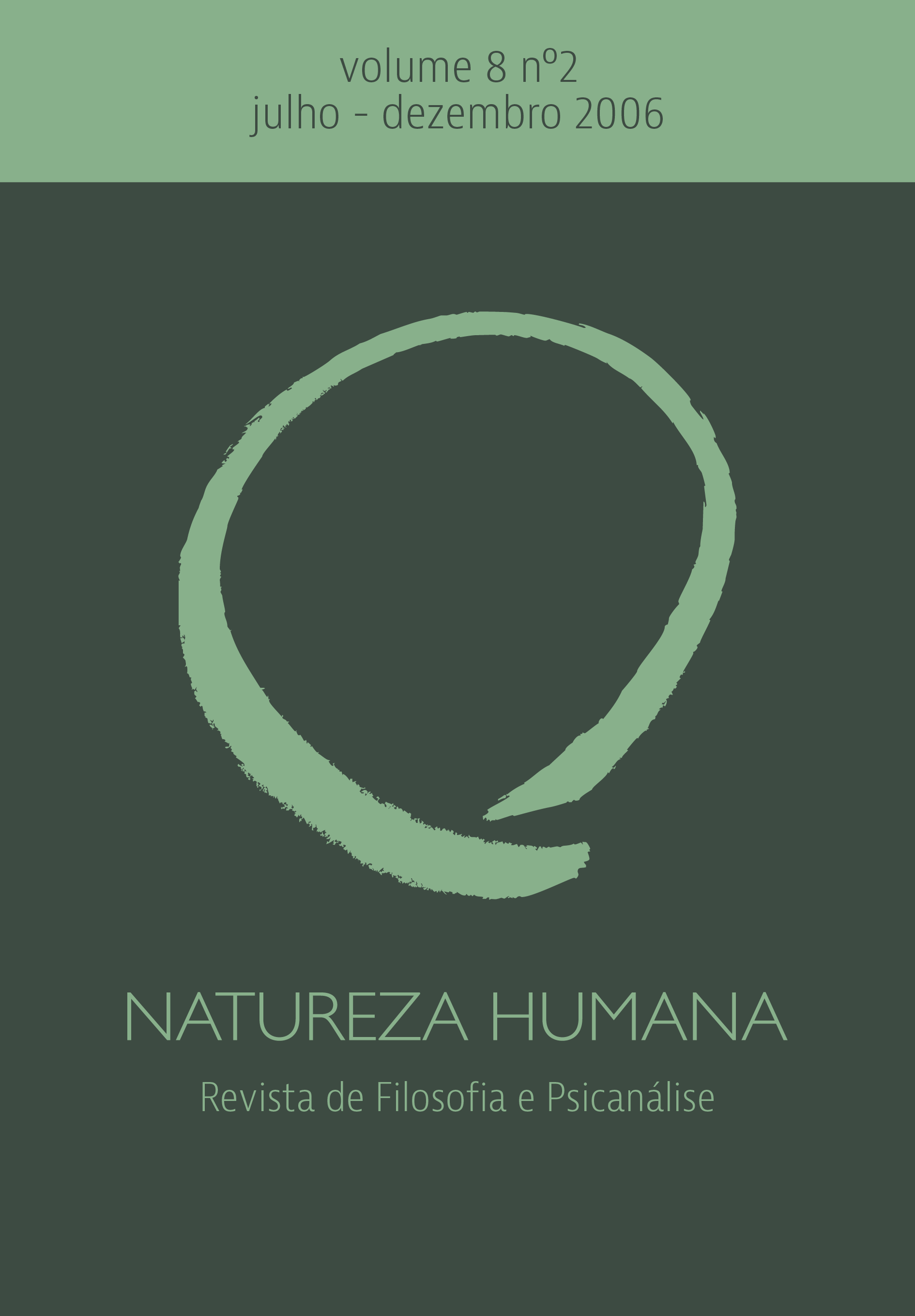Heidegger, history, I and other: regarding the essence of truth as the beginning point
DOI:
https://doi.org/10.59539/2175-2834-v8n2-901Keywords:
Heidegger; history; truth; freedom; errancy; alterity.Abstract
Over and over along his works Heidegger has mentioned the opuscule On the Essence of Truth, whose first elaboration dates from 1930. In an interview to L’Express (1969) he even comes to say about this work that it is a “hinge” between Heidegger I and Heidegger II, inseparable from each other. The text deals with the question of history in its reference to the truth of being, more precisely, to the idea that the continuity of events related to this truth is ontologically tied to an original refusal of being to a full or conclusive intelligibility. What is brought out of this original refusal is freedom but, at the same time, the possibility of error, errancy; it also follows the possibility of complete disorientation. Taking these thesis as a starting point, it is possible to move away from the heideggerian conception of history any traces of processualism or teleology and, above all, to reconcile it with an idea both broad and “concrete” of alterity. That’s what we intended to do here.Downloads
Published
2024-10-02 — Updated on 2006-05-17
How to Cite
Lyra, E. (2006). Heidegger, history, I and other: regarding the essence of truth as the beginning point. Human Nature - International Philosophy and Psychology Review, 8(2), 337–356. https://doi.org/10.59539/2175-2834-v8n2-901
Issue
Section
Artigos








